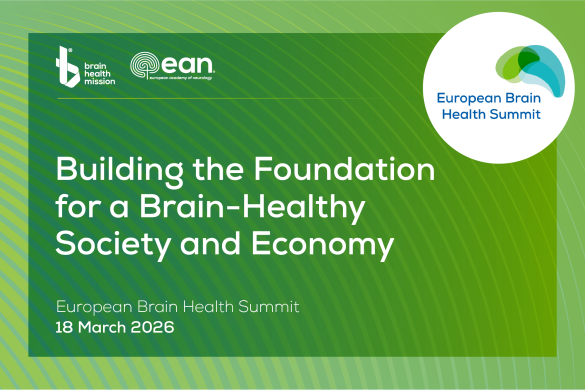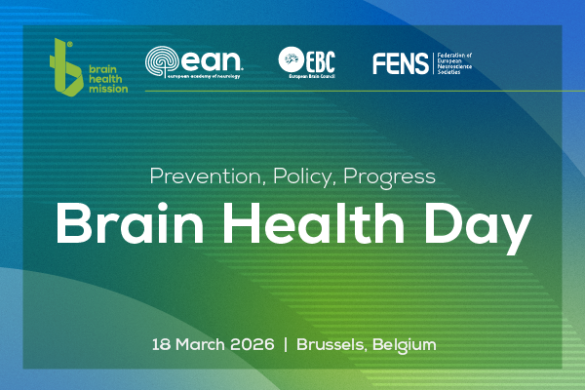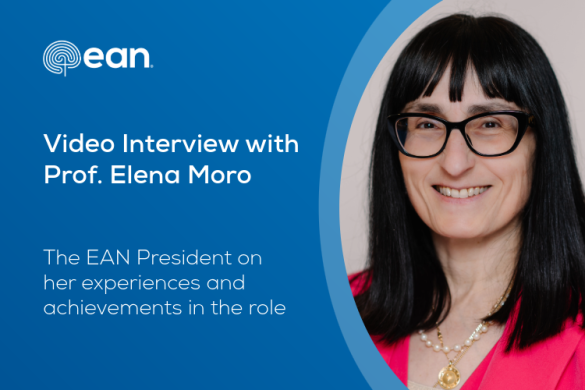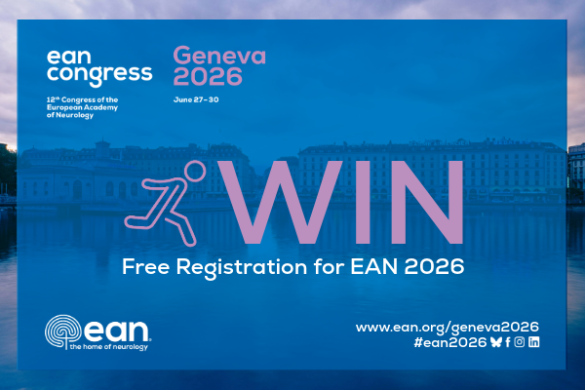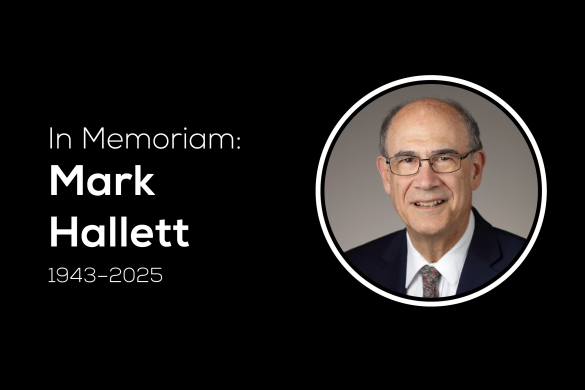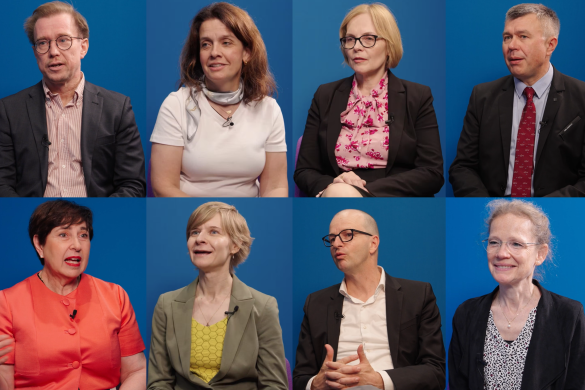Prof. Karin Sipido
Professor of Cardiology, KU Leuven, University of Leuven, BE
Chair, European Commission H2020 Scientific Panel for Health
David B. Vodušek (DBV): The Scientific Panel for Health – SPH is an official and unique panel of the EC within H2020. Can you introduce the SPH to the readers of EAN and explain its tasks?
Karin Sipido (KS): The European Commission’s Scientific Panel for Health is a science-led expert group based on the provisions of the Horizon2020 Specific Programme. It was implemented as the result of a 2012 call from the community for a ‘European Council for Health Research’. In 2015-2016 the SPH developed a vision paper on a future framework to advance health research, addressing current hurdles and opportunities. Through consultation and workshops the SPH has interacted with society and stakeholders on several aspects of the vision paper and has developed more concrete recommendations.
DBV: The SPH has 27 members that are cross-discipline experts. How was this group constituted and its members appointed?
KS: The Scientific Panel for Health consists of 27 experts across disciplines and activities, in the fields of research and innovation, in health and wellbeing. The SPH has advisors and liaisons to the community. Members were appointed by the Directorate-General Research & Innovation of the Commission, in their own capacity, based on expertise and experience, in health sciences and in policy. A nominating committee assisted in the selection procedure.
DVB: The vision paper “Better Research for Better Health” was circulated for comments among the various stakeholders. What is the future of this important document and how do you see its implementation?
KS: In 2015, the SPH set out its vision for the future of health and biomedical research in the vision paper, which describes upcoming challenges and proposes a way forward. The vision paper formed a valuable backbone on which extensive multi-stakeholder discussions were based. To move forward, a comprehensive approach to research policy will be necessary, as presented in a letter to the Lancet in 2016. Specific areas that require strengthening include cross-border collaboration, the regulatory environment, and the workforce. The SPH organized workshops on these aspects and the reports are available on the SPH website. Now the SPH is preparing a comprehensive report to the European Commission and Parliament. This will include a more concrete vision of how a European Council for Health Research (EuCHR) may be structured and implemented in order to more effectively address major health challenges through health research for the benefit of society.
DBV: The second congress of the SPH, held in June 2017, introduced the concept of a “European Council for Health Research” which found great political support from within the EC but also from politicians and experts throughout Europe. Can you illustrate this concept and explain further to the readers of the EAN pages?
KS: The mission of the European Council for Health Research (EuCHR) will be to increase the impact of health research to achieve better health and well-being of citizens, thereby creating societal and economic value for Europe and the world.
The EuCHR could be a novel partnership to create synergies and facilitate health research towards implementation in concert with all stakeholders, including a comprehensive policy and strategy. The value of an approach at European level to address major challenges is evident and major advances are made through collaboration and partnerships in e.g. the area of rare diseases or antimicrobial resistance, or in the IMI programs. We need to build on these strengths of Europe and increase support to health research, bridge ‘gaps’ in the network of health research towards implementation, considering public health. A EuCHR would also give a visibility to health research that is currently lacking. Developing this concept into a concrete action requires a further dialogue and interaction with policy makers, which is ongoing.
DVB: Prof. Sipido I thank you for this very informative interview and wish you and SPH further success.
Prof. David B. Vodušek
Chair, EAN Communication Committee






